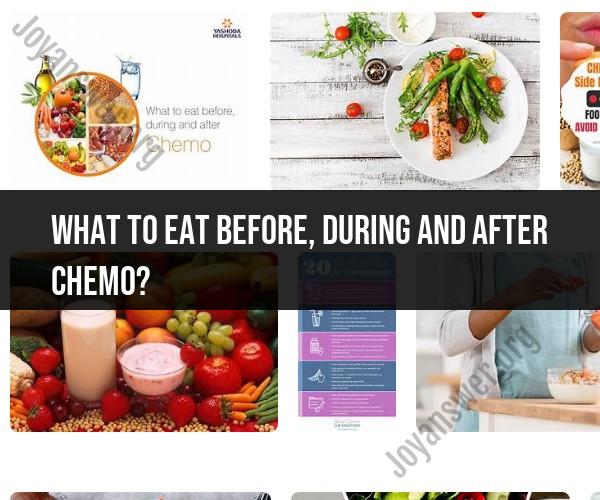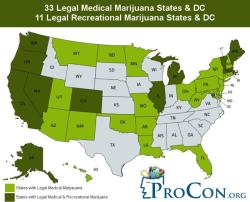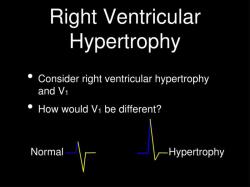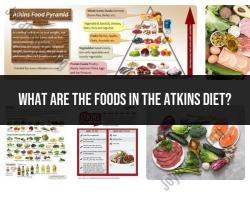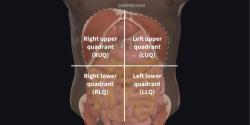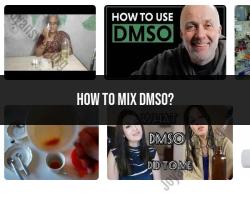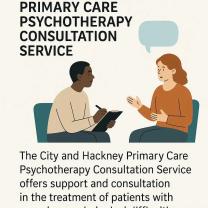What to eat before, during and after chemo?
Eating well before, during, and after chemotherapy (chemo) is essential to help manage side effects, maintain energy, and support your overall health. However, it's important to note that individual dietary needs can vary, and it's advisable to work closely with a registered dietitian or healthcare provider who specializes in cancer care to create a personalized nutrition plan. Here are some general guidelines:
Before Chemo:
Hydration: Stay well-hydrated before chemo. Drink plenty of water and hydrating fluids like herbal tea and clear broths.
Balanced Diet: Aim for a balanced diet that includes a variety of foods from all food groups, such as fruits, vegetables, lean proteins, whole grains, and healthy fats. This will help ensure you have the necessary nutrients to support your immune system and overall health.
Protein: Prioritize protein-rich foods like lean meats, poultry, fish, dairy, beans, and tofu. Protein helps with tissue repair and supports your immune system.
Fiber: Include high-fiber foods like whole grains, fruits, and vegetables. Fiber can help with digestion and prevent constipation, which can be a common side effect of chemo.
Small, Frequent Meals: Consider eating smaller, more frequent meals throughout the day rather than three large meals. This can help manage nausea and maintain energy levels.
During Chemo:
Hydration: Continue to stay well-hydrated during chemo. Sip on water, herbal teas, and clear broths throughout the day.
Easy-to-Digest Foods: Opt for easily digestible foods like plain rice, oatmeal, applesauce, and yogurt if you experience nausea or digestive issues.
Anti-Nausea Foods: Ginger, peppermint, and dry crackers can help alleviate nausea. Ginger tea or ginger candies may be helpful.
Protein: Continue to prioritize protein in your diet to support your body's healing and immune function.
Avoid Trigger Foods: If certain foods or smells trigger nausea, avoid them during chemo.
After Chemo:
Hydration: Continue to prioritize hydration after chemo.
Gradual Return to Regular Diet: As your appetite and tolerance improve, gradually reintroduce regular foods into your diet. Start with small portions and monitor how your body reacts.
Balanced Diet: Resume a balanced diet with a variety of nutrient-rich foods.
Protein: Continue to prioritize protein for healing and recovery.
Antioxidant-Rich Foods: Fruits and vegetables rich in antioxidants can help with the repair of damaged cells. Examples include berries, citrus fruits, leafy greens, and bell peppers.
Soft and Moist Foods: If you experience mouth sores or dry mouth, opt for soft, moist foods like oatmeal, yogurt, and smoothies.
Avoid Alcohol and Tobacco: It's important to avoid alcohol and tobacco during the recovery period, as they can hinder healing and may interact with medications.
Consult with a Dietitian: After chemo, work with a registered dietitian to develop a long-term nutrition plan that supports your health and addresses any specific dietary concerns.
Remember that individual experiences with chemo can vary widely, and some people may have unique dietary needs or restrictions based on their treatment and side effects. Always consult with your healthcare team for personalized guidance, and don't hesitate to seek the support of a registered dietitian who specializes in cancer care for tailored dietary advice.
Nourishing Your Body During Chemo: Pre, During, and Post-Treatment Diet
Chemotherapy is a powerful cancer treatment that can have a number of side effects, including nausea, vomiting, diarrhea, and loss of appetite. It is important to eat a healthy diet during chemotherapy to help your body cope with the side effects and recover from treatment.
Pre-treatment diet
In the weeks leading up to chemotherapy, it is important to eat a balanced diet that includes plenty of fruits, vegetables, and whole grains. These foods are packed with nutrients that can help to support your immune system and reduce the risk of complications.
It is also important to stay hydrated by drinking plenty of fluids, such as water, juice, and clear broths. Avoid caffeine and alcohol, as these can dehydrate you and make side effects worse.
During-treatment diet
During chemotherapy, it is important to continue eating a healthy diet, but you may need to make some adjustments to accommodate side effects. For example, if you are experiencing nausea and vomiting, you may want to eat smaller, more frequent meals and avoid foods that have strong smells.
If you have diarrhea, you may want to eat foods that are high in fiber and avoid foods that are high in fat and sugar. If you have lost your appetite, you may want to try eating foods that are high in calories and nutrients, such as nuts, seeds, and avocados.
It is also important to drink plenty of fluids to stay hydrated. If you are having difficulty keeping fluids down, you may want to try sucking on ice chips or popsicles.
Post-treatment diet
After chemotherapy, it is important to continue eating a healthy diet to help your body recover. You may need to make some adjustments to your diet, such as gradually increasing your fiber intake and avoiding foods that are high in sugar and fat.
It is also important to stay hydrated and to get plenty of rest.
Here are some additional tips for eating well during chemotherapy:
- Eat small, frequent meals throughout the day.
- Avoid foods that are high in fat, sugar, and salt.
- Choose foods that are easy to digest, such as fruits, vegetables, whole grains, and lean protein.
- Drink plenty of fluids, such as water, juice, and clear broths.
- Avoid caffeine and alcohol.
- If you have trouble keeping fluids down, try sucking on ice chips or popsicles.
- If you have no appetite, try eating foods that are high in calories and nutrients, such as nuts, seeds, and avocados.
If you have any concerns about your diet during chemotherapy, talk to your doctor or a registered dietitian. They can help you to develop a personalized eating plan that meets your needs.
